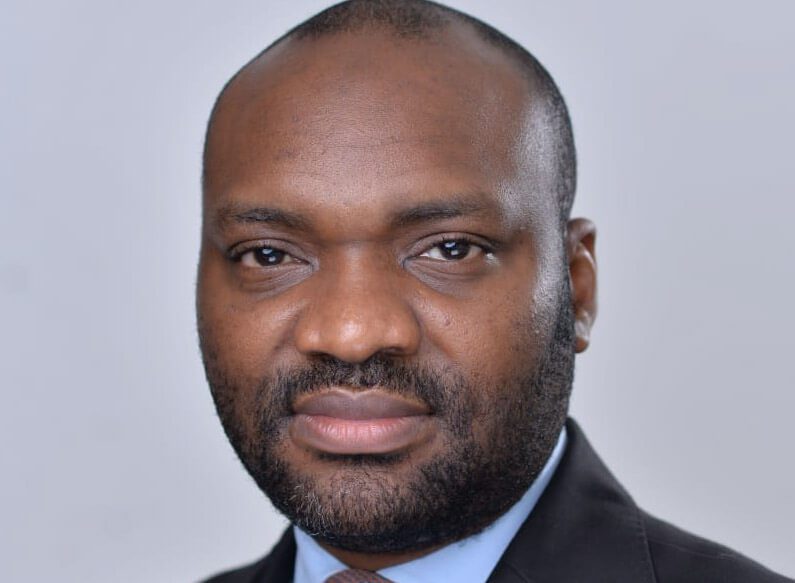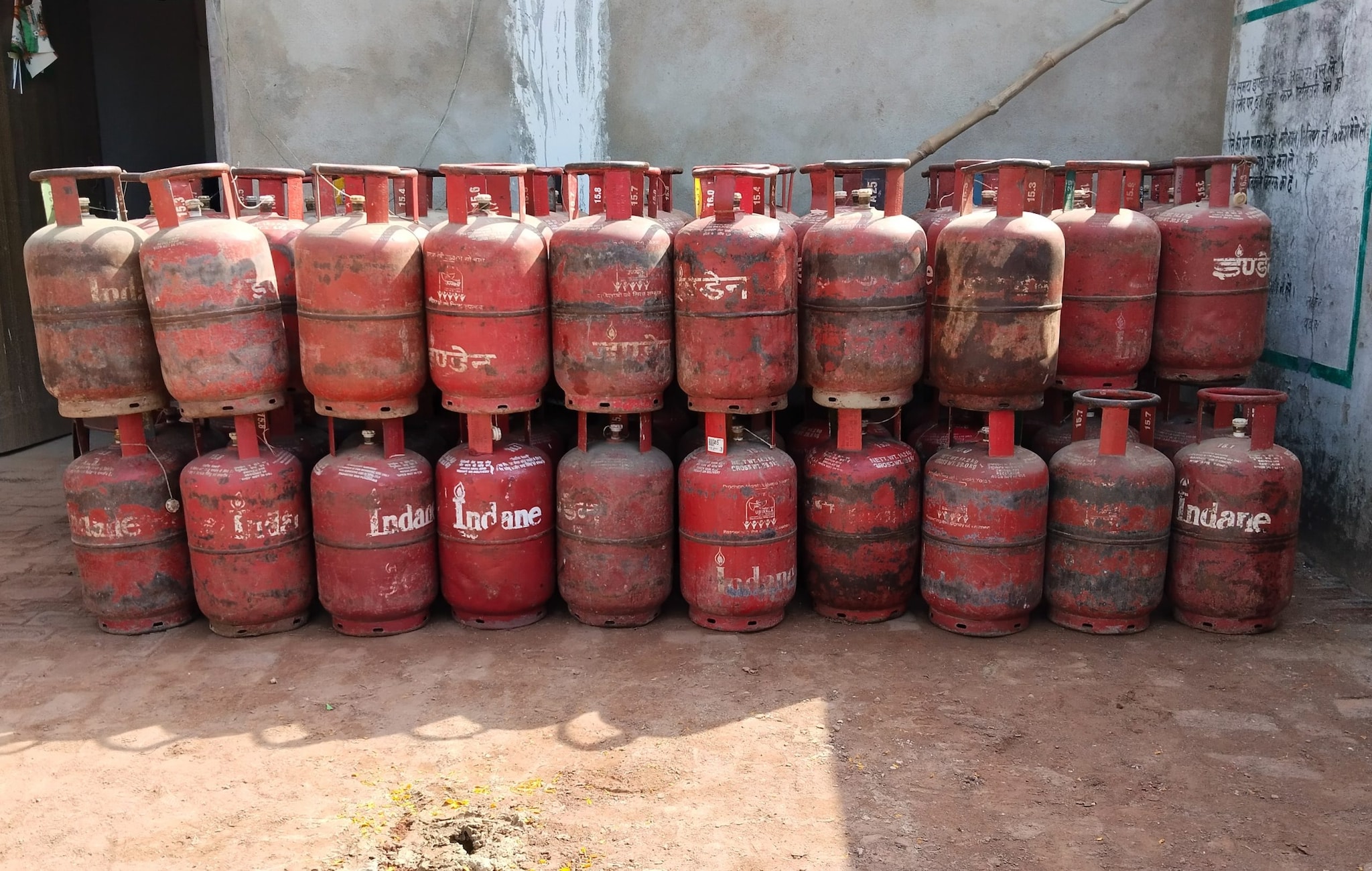The Nigeria Sovereign Investment Authority (NSIA) has announced a record-breaking net return of ¦ 1.88 trillion for the 2024 financial year, up from ¦ 1.18 trillion in 2023.
Speaking at a media engagement held on Wednesday in Abuja, NSIA Managing Director and Chief Executive Officer, Aminu Umar-Sadiq, attributed the Authority’s impressive financial performance to a focused strategy and a dedicated team, despite global economic uncertainties.He explained that the achievement was the result of four tactical decisions made over the course of the year.“2024 was a standout year because we succeeded in building on an already strong 2023,” Umar-Sadiq said.

“We moved from net returns of ¦ 1.18 trillion to ¦ 1.885 trillion.
That kind of growth raises the question of how we can surpass ourselves in 2025, but we have confidence in our team and strategy.”Detailing the approach, he noted: “First, we optimised our balance sheet efficiently, maintaining a defensive position, particularly with the Stabilisation and Future Generations Funds. Second, we concentrated on sustainable earnings within the infrastructure segment.
Third, we took the lead in pioneering new infrastructure investments. And fourth, we maintained strict cost discipline.”Among key developments in 2024 was the launch of the Ministry of Health Oncology Initiative, which aims to establish one world-class oncology centre in each geopolitical zone on behalf of the Federal Government.
Umar-Sadiq also pointed to a significant increase in Core Total Comprehensive Income (TCI), which rose by 150 percent.“We reported ¦ 165 billion in Core TCI in 2003. By 2024, that figure stood at ¦ 407.
9 billion,” he said. “Stripping out the impact of foreign exchange and derivative valuation gains, this core growth reflects the strength of NSIA not only in infrastructure but also in financial performance.”Looking ahead to 2025, Umar-Sadiq said the Authority will focus on three key objectives: developing specific NSIA platforms, increasing its capital base in both naira and dollars, and driving growth in core income.
Victor Sesere, Chief Financial Officer of NSIA, further outlined the Authority’s financial trajectory. He revealed that operating income grew by 58 percent year-on-year, from ¦ 1.176 trillion in 2023 to ¦ 1.
853 trillion in 2024.According to him, this growth was supported by strong results across both market-sensitive and stable income lines, with all major revenue streams recording gains above single-digit levels.Profit After Tax also rose by 59 percent year-on-year, climbing from ¦ 1.
185 trillion in 2023 to ¦ 1.886 trillion in 2024.“Total assets increased by over 90 percent, driven largely by our expanded investments in securities and the revaluation of foreign currency-denominated assets,” Sesere said.
“While foreign exchange gains influenced this year’s TCI, it’s important to note that we also achieved our strongest ever performance in Core TCI, which underscores the management’s emphasis on generating consistent, dependable income.”He disclosed that the Federal Government has contributed a cumulative total of $1.8 billion to NSIA, with the Authority retaining and reinvesting an additional $1 billion into its operations.
“In essence, we have generated and reinvested an extra $1 billion. Combined, that gives us total net assets of $2.8 billion,” he said.
Kolawole Owodunni, Executive Director and Chief Investment Officer of NSIA, provided further insights into the Authority’s investment strategy. He explained that NSIA operates three core funds: the Stabilisation Fund, the Future Generations Fund, and the Nigeria Infrastructure Fund (NIF).According to him, the NIF is structured around three pillars: direct investment, co-investment, and institution-building.
“Our investment strategy is centred on identifying projects with nationwide strategic relevance, that draw both domestic and international capital, offer financial and social returns, and are underpinned by a solid legal and regulatory framework,” Owodunni said.He mentioned key projects under the NIF, such as MEDSERVE, which is designed to establish 23 diagnostic centres, seven catheterisation labs, and three oncology centres across Nigeria’s six geopolitical zones and the Federal Capital Territory.Chief Operating Officer Ijeoma Taylaur emphasised that while delivering financial returns is a core priority, the NSIA also seeks to create long-term value, improve performance, and preserve capital.
“We implement this through comprehensive risk management systems that help limit potential losses,” she said.Taylaur also spoke about NSIA’s approach to building value through its portfolio of subsidiaries.“For more than ten years, we have carefully built and managed a diverse group of subsidiaries across multiple sectors.
These businesses contribute meaningfully to the broader economy,” she said.“Our strategy rests on firm governance principles, robust risk controls and a sharp operational focus. These elements have enabled us to enhance performance while staying aligned with our long-term objectives.
”Among the subsidiaries she listed were the Green Guarantee Company, Development Bank of Nigeria, Nigeria Infrastructure Debt Fund, NSIA Prize for Innovation, Presidential Fertiliser Initiative, and the Nigeria Mortgage Refinance Company.The post NSIA reports record N1.88 trillion net return for 2024 appeared first on Nigerian NewsDirect.
.
Business

NSIA reports record N1.88 trillion net return for 2024

The Nigeria Sovereign Investment Authority (NSIA) has announced a record-breaking net return of ¦ 1.88 trillion for the 2024 financial year, up from ¦ 1.18 trillion in 2023. Speaking at a media engagement held on Wednesday in Abuja, NSIA Managing Director and Chief Executive Officer, Aminu Umar-Sadiq, attributed the Authority’s impressive financial performance to a [...]The post NSIA reports record N1.88 trillion net return for 2024 appeared first on Nigerian NewsDirect.














